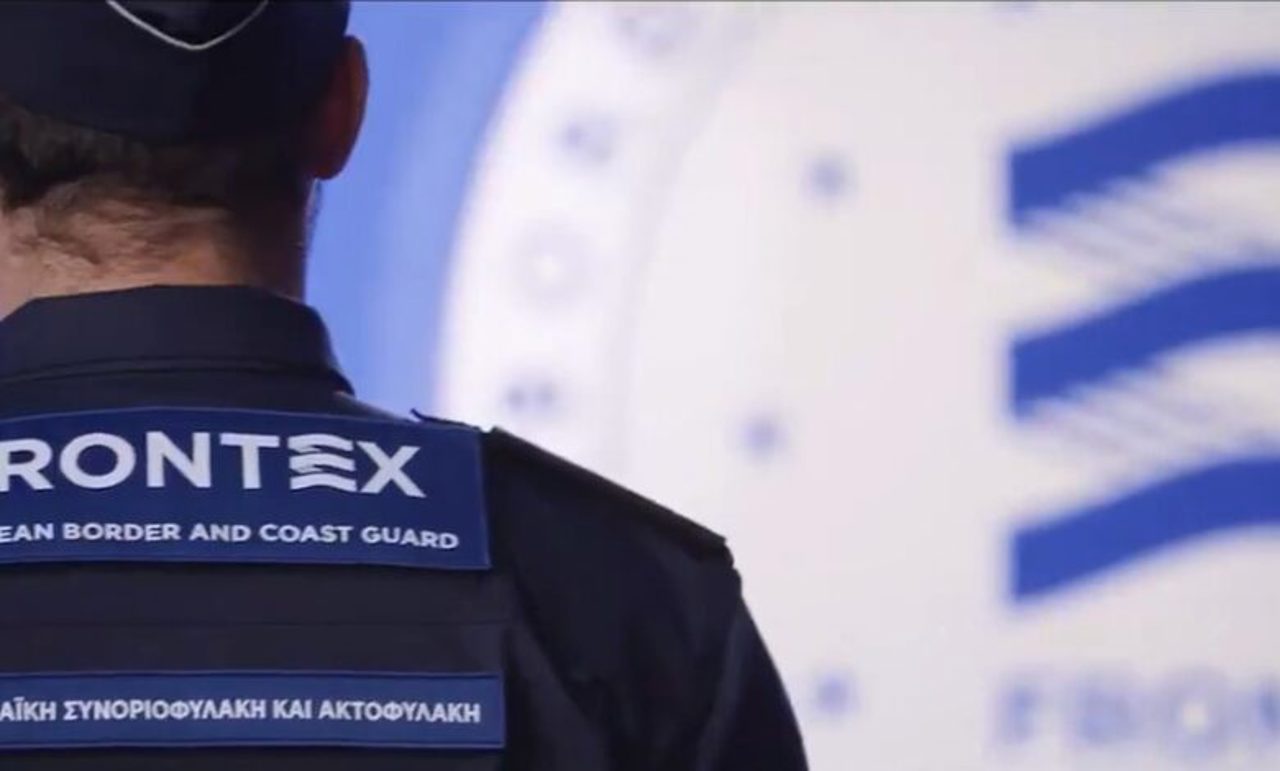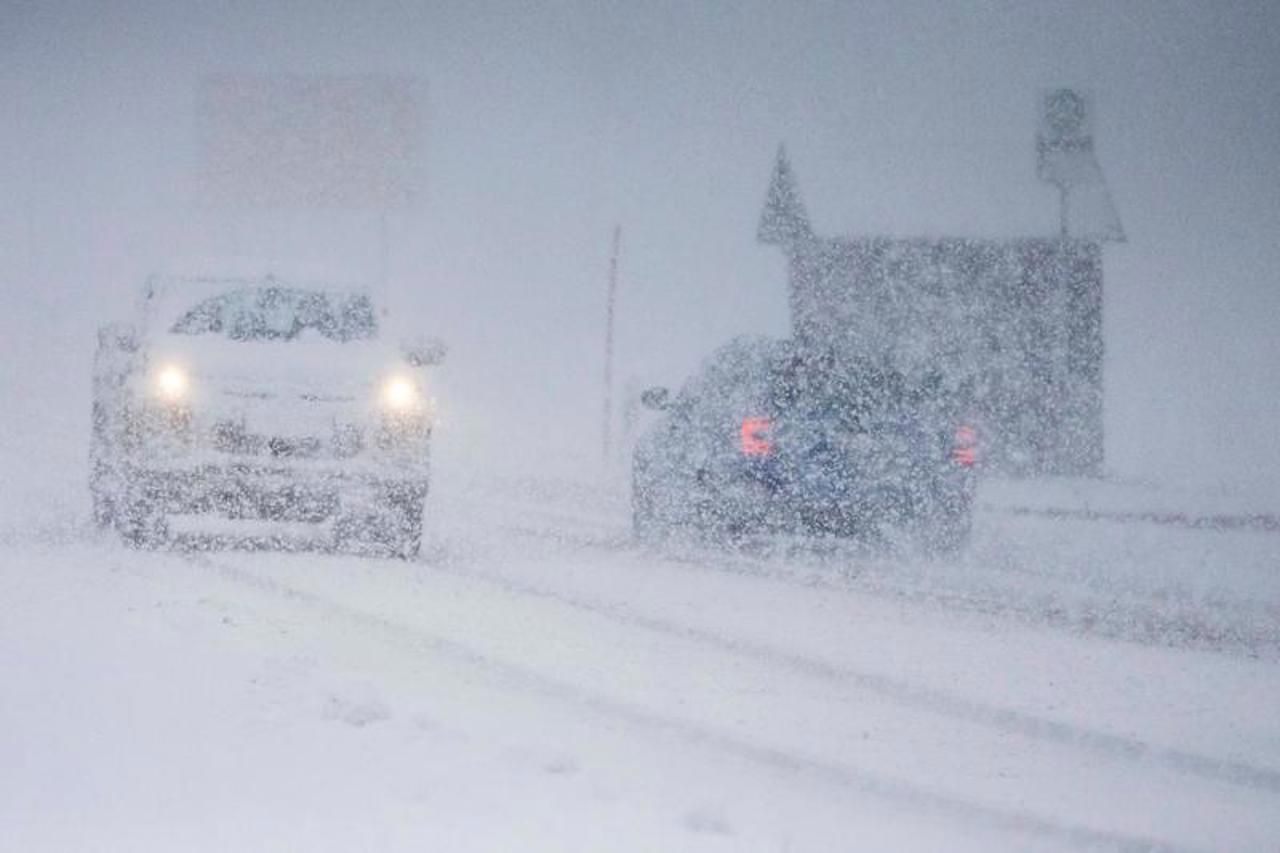Frontex Agents Patrol Brussels: Balancing Security and Rights
The Belgian government, currently holding the rotating presidency of the European Union, faces an unprecedented surge in banditry and nighttime violence, as reported by Dan Alexe.

In response, the coalition government took an extraordinary step on Thursday, May 2, by requesting assistance from the European border protection agency, Frontex. Their mission: to bolster security at major train stations and public areas in the capital city, Brussels.
Frontex agents, tasked with safeguarding EU borders, will now patrol the streets of Brussels. However, this move has raised concerns among several human rights organisations due to the ambiguity surrounding Frontex personnel's competencies on Belgian soil.
The legislation, which received parliamentary approval, grants Frontex the authority to operate within Belgian airports, ports, and train stations. While they will collaborate closely with local police, the agency's reputation—often associated with controversial "push-back" practices against migrant boats—has drawn scrutiny.
"The day after the adoption of the European Pact on Migration and Asylum," warns a joint statement by human rights advocates, "this government-introduced bill worries us." The bill's provisions allow Frontex agents to take "urgent measures" independently, even carrying firearms. Critics question the legal implications should serious incidents occur during their missions.
Interior Minister Annelies Verlinden (CD&V, Flemish Christian Democrats) supports the bill, emphasising the need for enhanced security. However, concerns persist about Frontex's past allegations of illegal acts and inhumane treatment.
The parliamentary debate underscores a pivotal moment: Frontex's deployment on Belgian territory will reshape security dynamics, prompting questions about accountability and human rights safeguards.
Translation by Iurie Tataru




